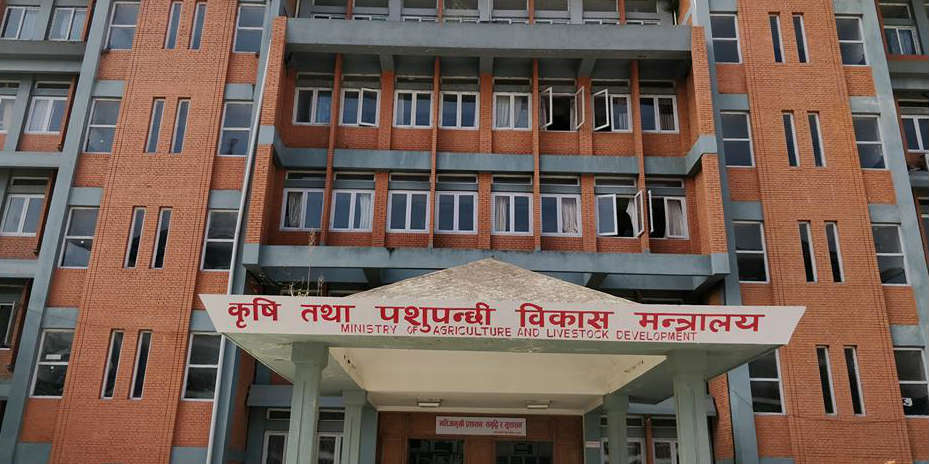 The Nepal Weekly
The Nepal Weekly  July 2, 2024
July 2, 2024
The Nepal Livestock Sector Innovation Project (NLSIP), a World Bank-financed project under the Ministry of Agricultural and Livestock Development (MoALD) successfully completed its six-year term.
More than 235,000 individual farmers, including 42 per cent female, and about 1,400 producer organizations directly benefitted from the project. The project increased productivity, enhanced value addition, and improved climate resilience of small holder farms and agro-enterprises in dairy, goat meat, and Chyangra fiber value chains in 289 municipalities across five provinces (Koshi, Madhesh, Bagmati, Gandaki, and Lumbini). In addition, it enhanced regulatory and institutional capacity in the sector, modernized service delivery, and promoted genetic improvement of livestock.
The project played a crucial role in the formulation of the National Animal Health Policy and National Livestock Breeding Policy, both of which were approved by the Cabinet in 2022. Additionally, the Infectious Animal Disease Control Act and Animal Welfare Act have been drafted.
The project supported the national vaccination program which helped to significantly reduce the number of animal deaths due to Foot and Mouth Disease (FMD) and Peste des Petits Ruminants (PPR) by 63 per cent and 88 per cent respectively since 2018. This helped protect farmers from incurring huge financial losses owing to animal deaths. The project also developed seven cold rooms located at different strategic locations of the seven provinces with combined capacity to store 5 million doses of vaccine. Likewise, to promote inclusive value chains for selected livestock commodities, the project provided matching grant support to 446 sub-projects against a mandatory investment of 20% equity and 30% third-party financial institutional loan. With support from the project, the Pashmina Processing Facility has come into operation for the first time in the country.





